
Tranquil Shores: Fujairah Beaches
Discover the serene and picturesque Fujairah Beaches in the UAE, where crystal-clear waters meet pristine sands, offering a perfect blend of relaxation and adventure.
Fujairah Beaches, located in the emirate of Fujairah, offer a serene escape from the hustle and bustle of city life. Nestled along the Gulf of Oman, these beaches boast crystal-clear waters and pristine sands, making them a perfect destination for relaxation and water activities. The coastline is lined with numerous resorts and hotels, providing visitors with a range of luxurious accommodations and amenities. Whether you're looking to sunbathe, snorkel, or dive, the underwater world of Fujairah is teeming with vibrant marine life and stunning coral reefs. For history enthusiasts, the nearby Fujairah Fort and Al Bidyah Mosque add a touch of cultural richness to your beach holiday. The blend of natural beauty and cultural heritage makes Fujairah Beaches a unique and memorable destination for all types of travelers.
Local tips in Fujairah Beaches
- Visit during the cooler months from October to April for the best weather.
- Bring your own snorkeling gear for a more personal and uninterrupted experience.
- Check out the local seafood restaurants for fresh and delicious meals.
- Respect local customs and dress modestly when away from the beach.
- Book your accommodation in advance, especially during peak tourist season.
Tranquil Shores: Fujairah Beaches
Fujairah Beaches, located in the emirate of Fujairah, offer a serene escape from the hustle and bustle of city life. Nestled along the Gulf of Oman, these beaches boast crystal-clear waters and pristine sands, making them a perfect destination for relaxation and water activities. The coastline is lined with numerous resorts and hotels, providing visitors with a range of luxurious accommodations and amenities. Whether you're looking to sunbathe, snorkel, or dive, the underwater world of Fujairah is teeming with vibrant marine life and stunning coral reefs. For history enthusiasts, the nearby Fujairah Fort and Al Bidyah Mosque add a touch of cultural richness to your beach holiday. The blend of natural beauty and cultural heritage makes Fujairah Beaches a unique and memorable destination for all types of travelers.
When is the best time to go to Fujairah Beaches?
Iconic landmarks you can’t miss
Kalba Corniche Park
Explore Kalba Corniche Park, a serene coastal retreat in Sharjah, offering stunning views, lush gardens, and family-friendly activities for all ages.
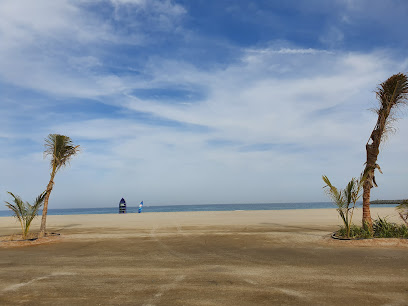
Khorfakkan Beach
Discover Khorfakkan Beach, a stunning public beach in Sharjah, UAE, known for its crystal-clear waters, scenic views, and vibrant atmosphere.
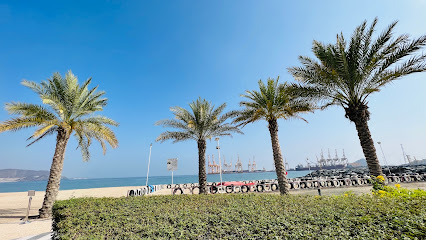
Sheikh Zayed Grand Mosque - Fujairah
Experience the unparalleled beauty and tranquility of Sheikh Zayed Grand Mosque in Fujairah, a remarkable symbol of Islamic architecture and culture.
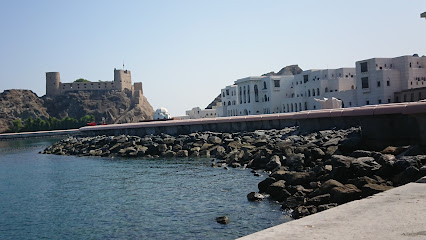
Fujairah Fort
Explore Fujairah Fort, a historical gem of the UAE that offers a captivating glimpse into the region's rich cultural heritage and architectural splendor.
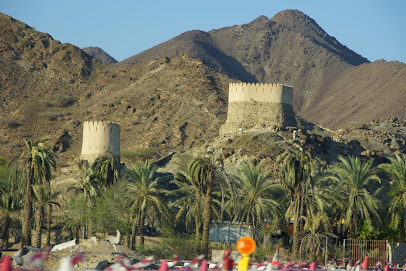
Umbrella Beach
Experience the pristine beauty of Umbrella Beach in Fujairah, where golden sands meet azure waters, perfect for relaxation and adventure.
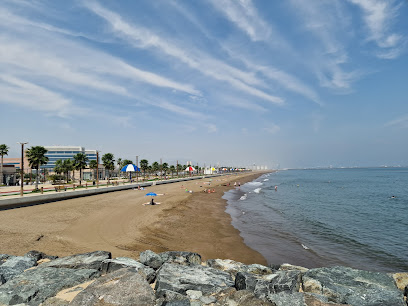
Madhab Park
Discover the tranquility of Madhab Park in Fujairah, where lush landscapes meet family-friendly activities for a perfect getaway.
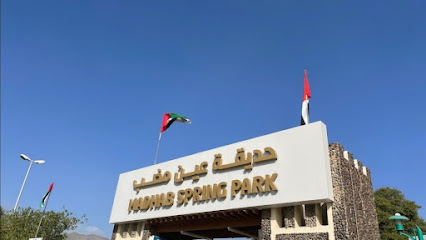
Fujairah Corniche
Discover the beauty and vibrant culture of Fujairah Corniche, a stunning coastal promenade perfect for relaxation and adventure in Fujairah.
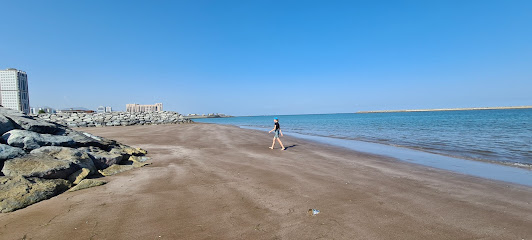
Fujairah Bull Fighting
Discover the excitement of Fujairah Bull Fighting, a unique cultural attraction showcasing traditional Emirati bullfighting amidst stunning landscapes.
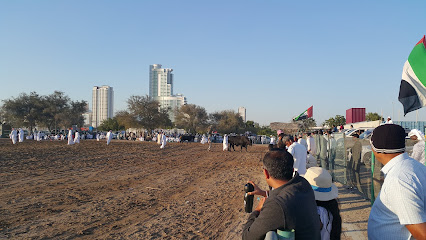
Dibba Beach
Explore the serene beauty of Dibba Beach in Fujairah, where golden sands meet crystal-clear waters and breathtaking mountain views.
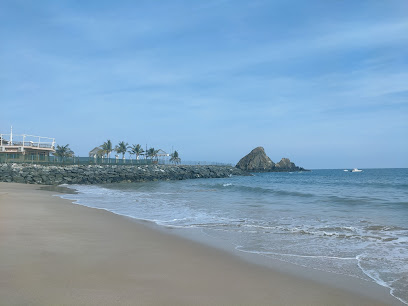
Al Aqah Beach Camping
Discover the natural beauty and adventure at Al Aqah Beach Camping, a perfect getaway on the Fujairah coast, ideal for beach lovers and outdoor enthusiasts.
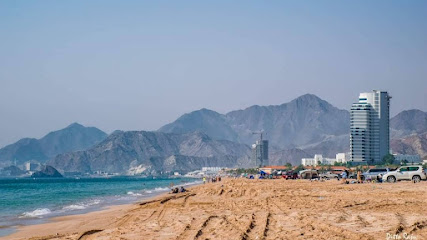
Fujairah Museum
Explore the rich tapestry of Emirati history at Fujairah Museum, where ancient artifacts and cultural exhibits bring the UAE's heritage to life.
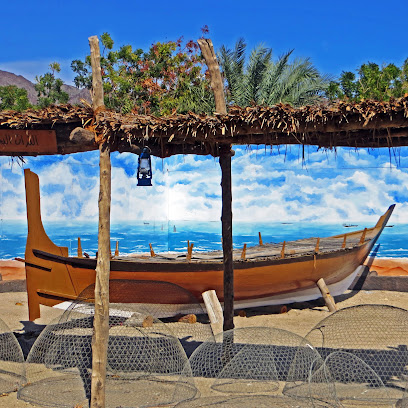
نصب المقاومة
Explore the Monument of Resilience in Sharjah, a stunning tribute to the enduring spirit of the Emirati people and a must-visit cultural attraction.
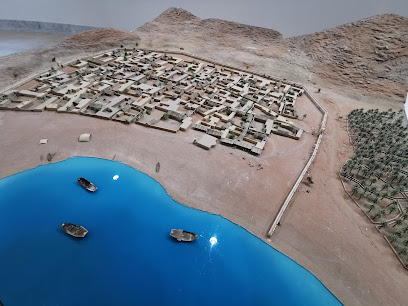
Fujairah Beach
Experience the natural beauty and tranquility of Fujairah Beach, a stunning coastal escape on the Gulf of Oman, perfect for relaxation and adventure.
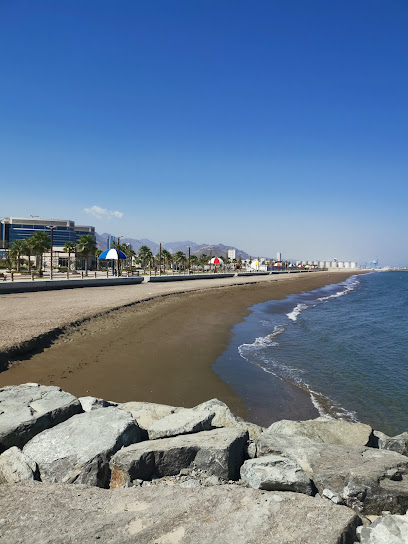
Fujairah Adventures Park
Discover the breathtaking landscapes and adventurous spirit of Fujairah Adventures Park, where outdoor fun meets natural beauty.
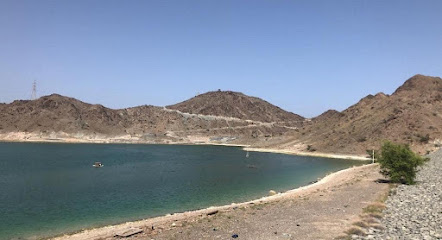
Fujairah Sea View
Explore the serene Fujairah Sea View, a stunning beach destination offering crystal-clear waters and breathtaking landscapes for an unforgettable escape in the UAE.
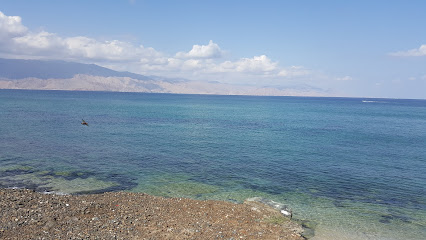
Unmissable attractions to see
Fujairah Adventures Park
Explore the natural beauty and adventure of Fujairah Adventures Park, a perfect getaway for hiking and outdoor fun in the heart of Fujairah.
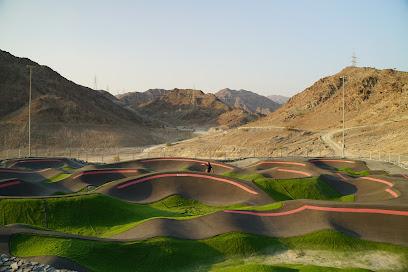
Qidfa Beach
Experience the tranquility of Qidfa Beach in Fujairah, a serene escape with golden sands and breathtaking views, perfect for relaxation and exploration.
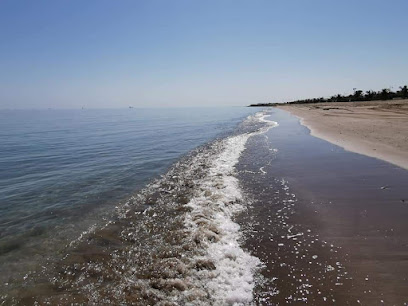
Murbah Beach
Discover the serene beauty of Murbah Beach in Fujairah, where golden sands meet crystal-clear waters for a perfect beach getaway.
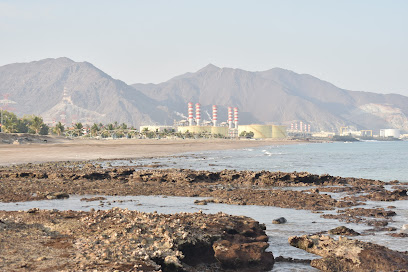
Al Aqah Beach
Experience the breathtaking beauty and tranquility of Al Aqah Beach, a top destination in Fujairah for relaxation and water sports.
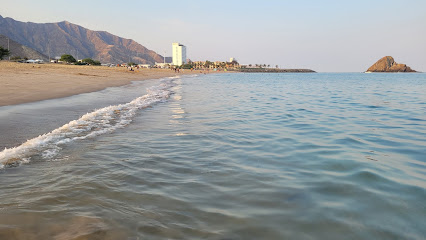
Fujairah Adventures Pump Track by Velosolutions
Experience the thrill of cycling at Fujairah Adventures Pump Track, a premier destination for sports enthusiasts and families alike in stunning Fujairah.

Inchcape 1 diving spot
Explore the breathtaking underwater beauty of Fujairah at Inchcape 1 Diving Spot, a must-visit destination for diving enthusiasts.
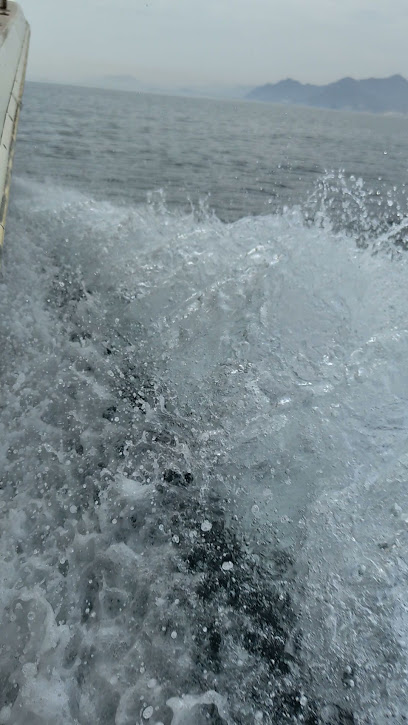
TKM DIBBA
Explore TKM Dibba in Fujairah, a tranquil tourist attraction offering stunning landscapes, cultural experiences, and a glimpse of authentic Emirati life.
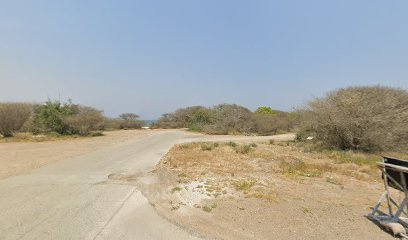
Kalba Corniche
Explore Kalba Corniche: A stunning waterfront destination in Sharjah, blending natural beauty with cultural experiences for an unforgettable visit.

Coffee Box Adventure
Experience the inviting atmosphere and exceptional coffee at Coffee Box Adventure in Fujairah, a perfect stop for every traveler.

Rugaylat tunnel
Explore the Rugaylat Tunnel: A Natural Wonder and Historical Marvel in Fujairah, Perfect for Adventurous Travelers.
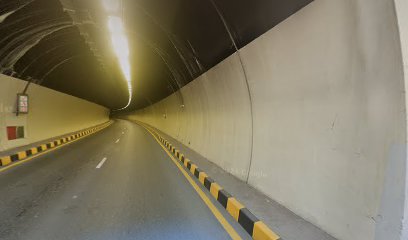
Essential places to dine
Al Meshwar Restaurant
Discover the essence of Lebanese dining at Al Meshwar Restaurant in Fujairah City Center - a flavorful journey awaits!
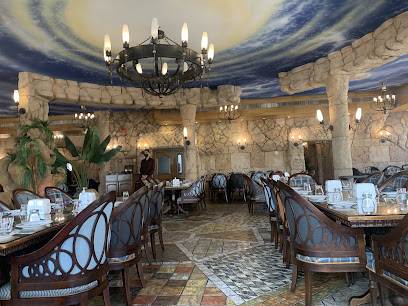
Emirates Sea Restaurant - Fujairah
Experience fresh seafood with stunning ocean views at Emirates Sea Restaurant in Fujairah.
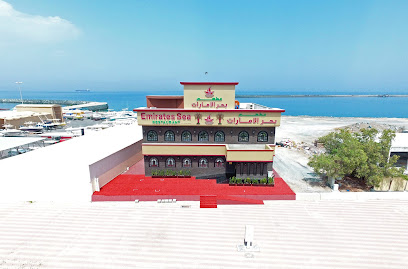
Sadaf Restaurant
Discover the essence of Persian cuisine at Sadaf Restaurant in Fujairah, where flavor meets tradition in every dish.
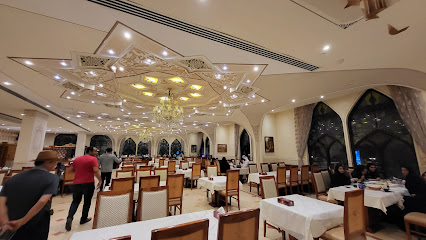
ZEBIAN RESTAURANT
Experience authentic Arabic cuisine at Zebian Restaurant in Fujairah City Center – where tradition meets taste.
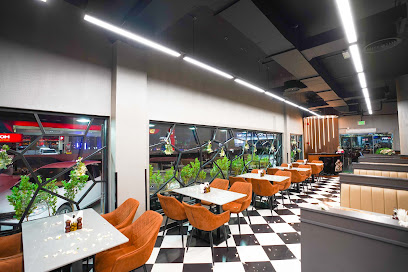
Mara Lounge Restaurant - Fujairah
Experience exquisite dining at Mara Lounge Restaurant on Fujairah's Umbrella Beach, where culinary delights meet stunning ocean views.
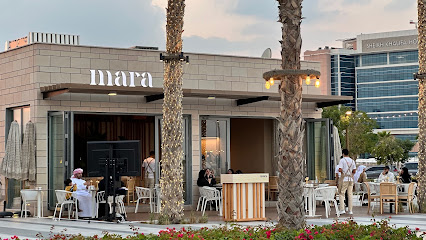
Texas Chicken - Fujairah Beach
Experience authentic American flavors with delicious fried chicken and family-friendly meals at Texas Chicken near Fujairah Beach.
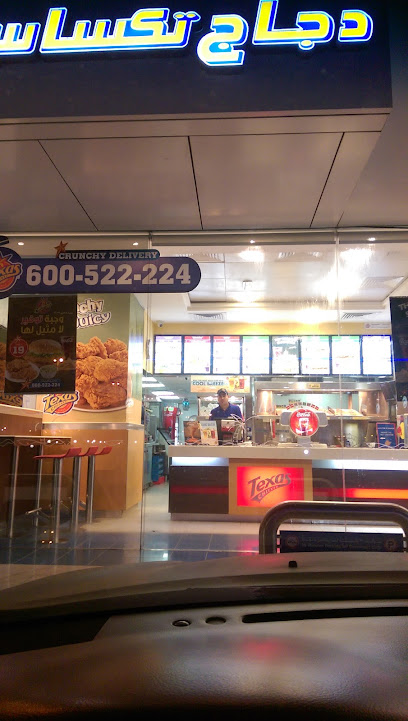
مستاني مطعم و كافيه Mastani Restaurant & Cafe
Experience authentic Indian cuisine at Mastani Restaurant & Cafe in Fujairah – where flavor meets tradition in every dish.
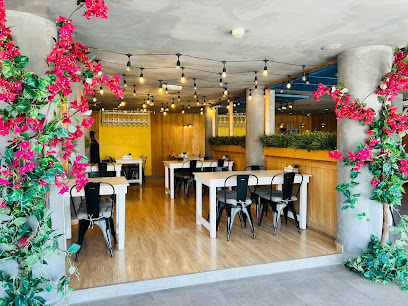
Naseem Beirut restaurant
Discover authentic Lebanese cuisine at Naseem Beirut Restaurant on Umbrella Beach in Fujairah - a perfect blend of flavor and ambiance.
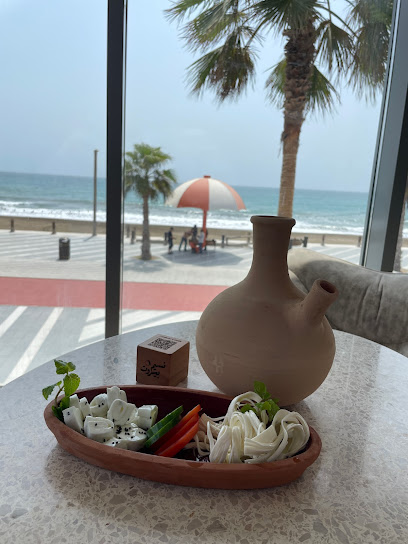
The Sailors Restaurant & Cafe
Discover The Sailors Restaurant & Cafe in Fujairah – where delightful grilled cuisine meets stunning seaside views.
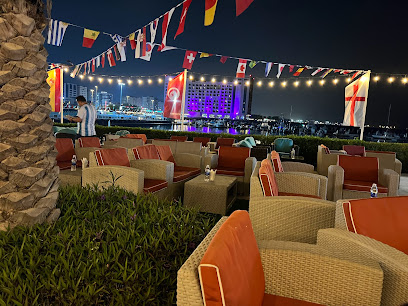
Arous Al Bahar Restaurant
Experience authentic Lebanese cuisine at Arous Al Bahar Restaurant in Fujairah – where every meal is a celebration of flavor and tradition.
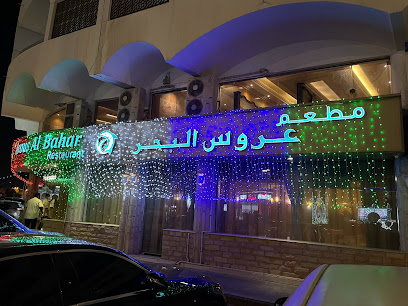
Kadaloram (കടലോരം)Restaurant
Experience authentic South Indian flavors at Kadaloram Restaurant in Fujairah - where every dish tells a story.
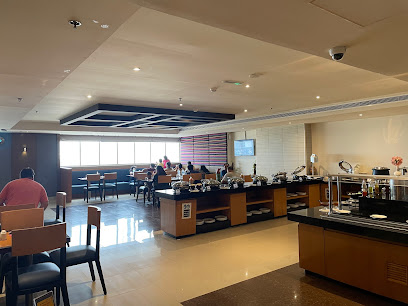
Ewaan at Palace Beach Resort Fujairah
Experience exceptional dining at Ewaan in Palace Beach Resort Fujairah—where tradition meets luxury along the stunning coastline.
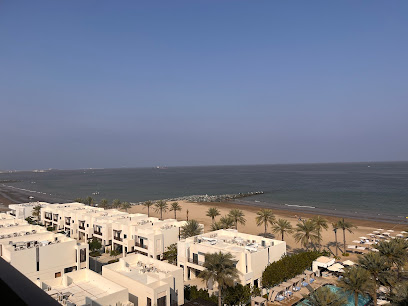
FISH TIME SEA FOOD RESTAURANT
Discover fresh flavors at Fish Time Seafood Restaurant in Fujairah - where every bite celebrates maritime heritage.
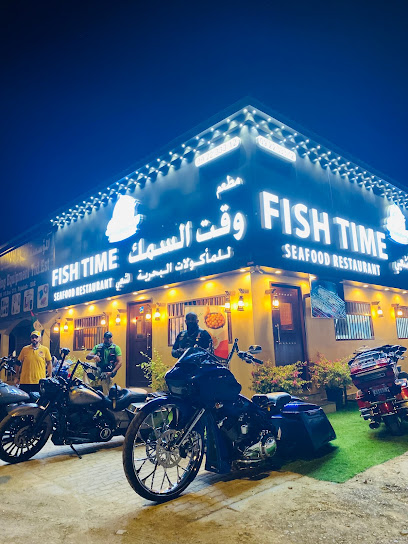
Golden Fork Fujairah
Experience exquisite seafood delights at Golden Fork Fujairah - where fresh flavors meet exceptional service.
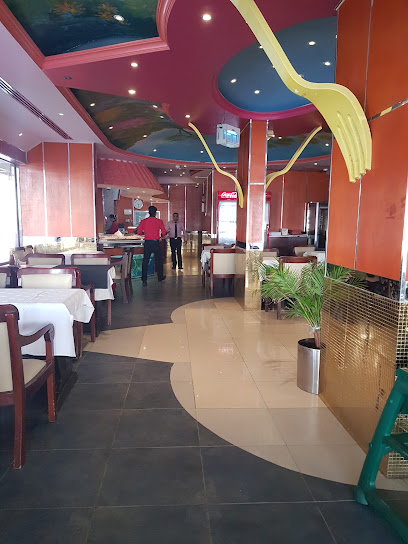
Bon Appetite
Experience exquisite flavors at Bon Appetite in Fujairah - where culinary traditions meet modern dining.
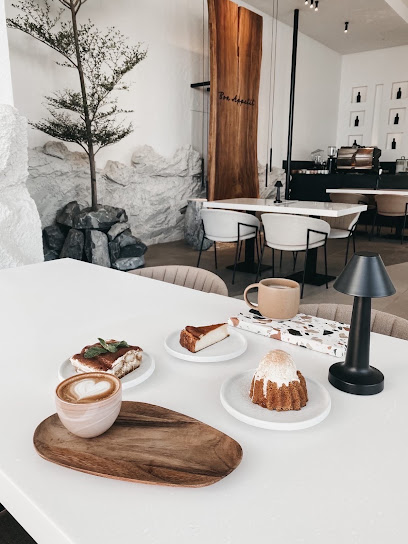
Markets, malls and hidden boutiques
City Centre Fujairah
Discover the ultimate shopping and dining experience at City Centre Fujairah, where modern retail meets local charm in a stunning setting.
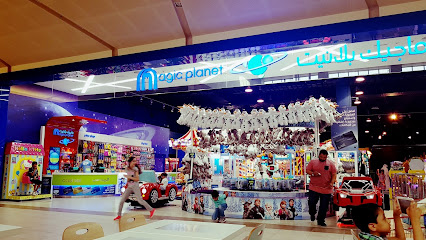
LuLu Hypermarket - Fujairah
Discover an extensive range of products at LuLu Hypermarket, Fujairah's premier shopping destination for locals and tourists alike.
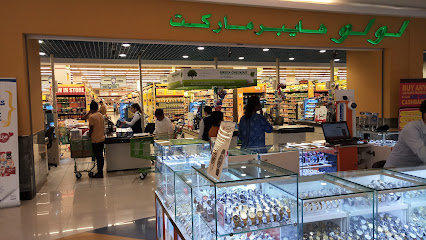
Fujairah Mall
Discover Fujairah Mall: Your ultimate shopping destination in the UAE, offering a mix of retail, dining, and family-friendly entertainment.
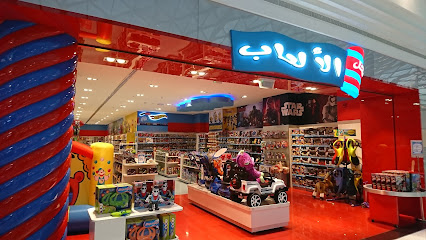
Nesto Hypermarket
Explore Nesto Hypermarket in Fujairah for a unique shopping experience featuring a wide array of groceries, household items, and local products.
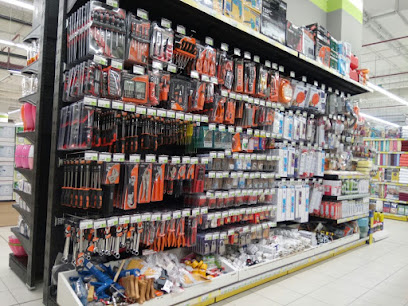
Century Mall
Explore Century Mall in Fujairah: Your ultimate shopping destination with diverse retail, dining, and entertainment options.
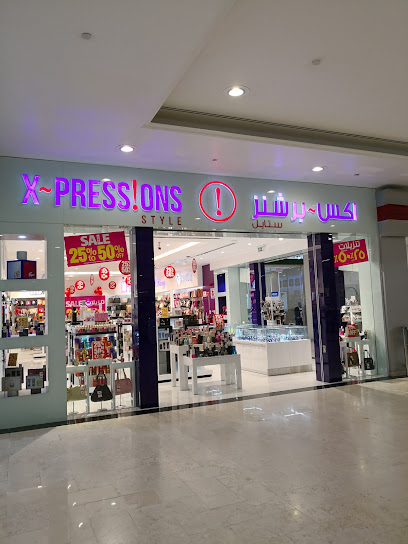
Umbrella Beach
Discover the tranquil beauty of Umbrella Beach in Fujairah, where golden sands meet azure waters for an unforgettable escape.
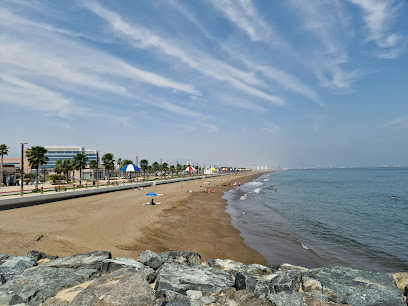
Carrefour Hypermarket
Explore Carrefour Hypermarket in Fujairah - a shopping haven offering groceries, electronics, and local delicacies, perfect for every tourist's needs.
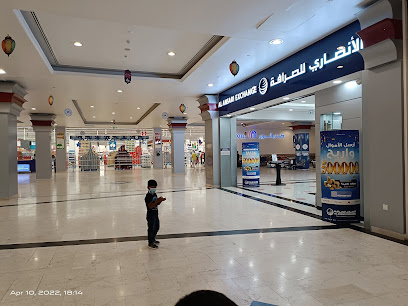
السفير هايبر ماركت - الفجيرة
Explore Al Safir Hypermarket in Fujairah for an authentic shopping experience blending local culture and modern convenience.
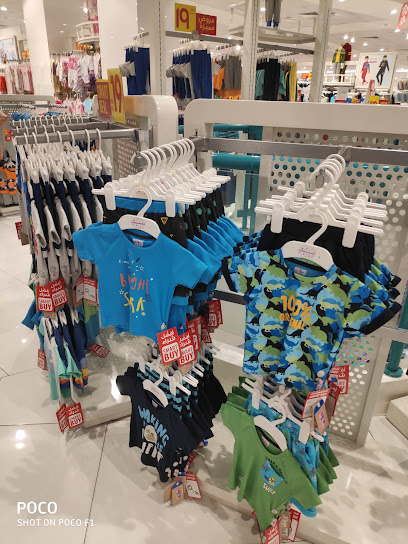
Lulu Mall Fujairah
Experience the ultimate shopping adventure at Lulu Mall Fujairah, where fashion, dining, and entertainment come together in a vibrant atmosphere.
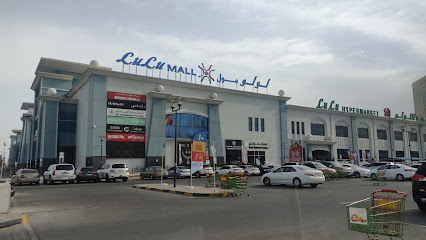
The Beach Shop (Liquor Store)
Discover The Beach Shop in Fujairah, your go-to liquor store and bar for refreshing drinks and vibrant atmosphere amidst stunning coastal views.
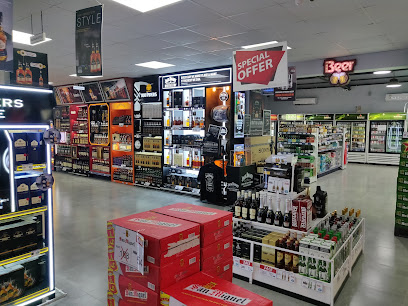
Emirates Gallery Discounts LLC
Discover unbeatable deals at Emirates Gallery Discounts LLC, Fujairah's top department store for electronics, fashion, and unique gifts.
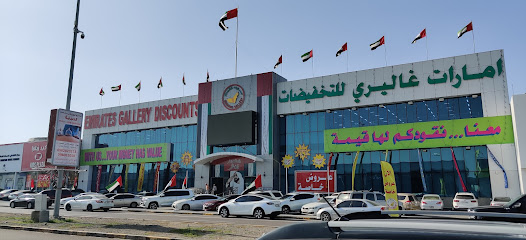
20 plaza
Discover 20 Plaza in Fujairah — a vibrant shopping hub offering diverse products, dining options, and an unforgettable shopping experience.
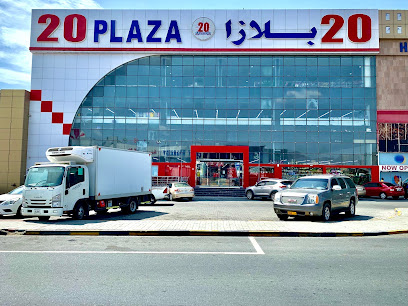
Emirates Gallery
Experience the best of shopping at Emirates Gallery in Fujairah, where local culture meets a diverse selection of products in a vibrant atmosphere.
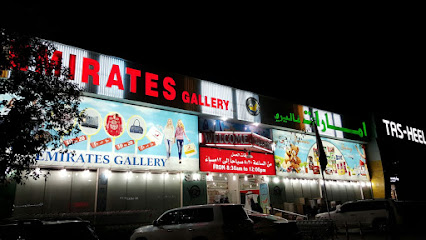
Fujairah Beach
Experience the stunning Fujairah Beach, where golden sands meet azure waters, offering a perfect escape for relaxation and adventure in the UAE.
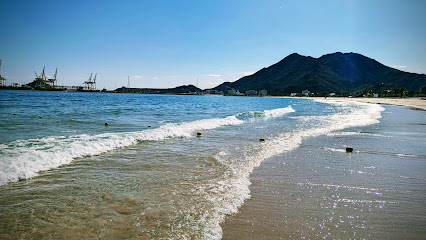
New World Discount Center
Explore the vibrant New World Discount Center in Fujairah for unbeatable deals on a wide array of products, from fashion to electronics.
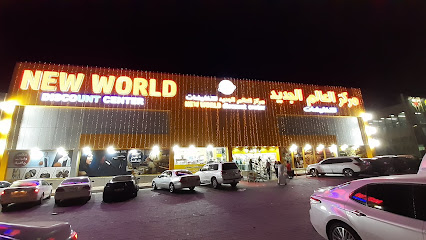
Essential bars & hidden hideouts
Fujairah International Marine Club
Experience adventure and relaxation at Fujairah International Marine Club, your ultimate destination for marine activities and vibrant nightlife.
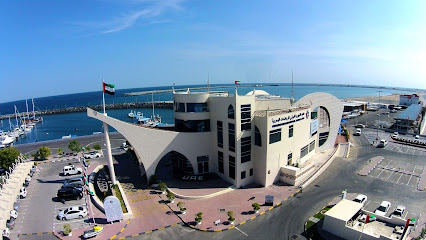
Mara Lounge Restaurant - Fujairah
Experience exquisite dining at Mara Lounge by Umbrella Beach, where delicious food meets stunning seaside views in Fujairah.
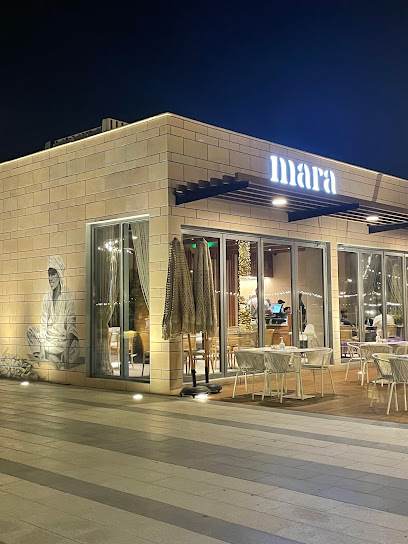
The Beach Shop (Liquor Store)
Discover The Beach Shop in Fujairah, your go-to bar and liquor store for a wide selection of beverages in a vibrant atmosphere.
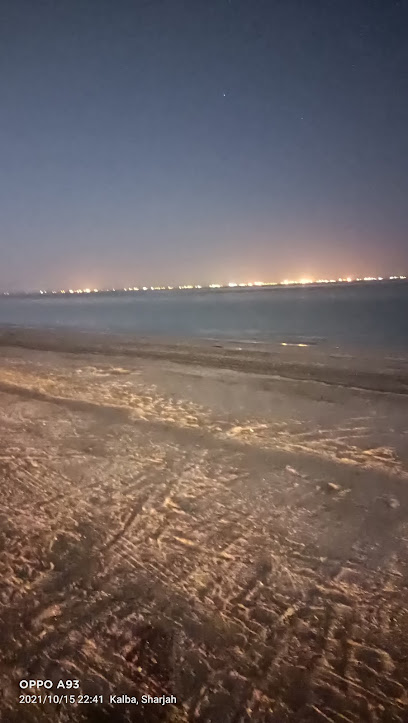
McGettigan's
Discover the charm of Ireland at McGettigan's in Fujairah, where delicious food and lively entertainment create unforgettable memories.
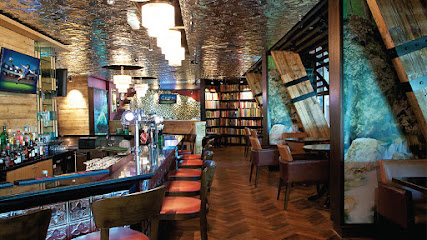
The Sailors Restaurant & Cafe
Experience the Best Grilled Delicacies with Scenic Views at The Sailors Restaurant & Cafe in Fujairah.
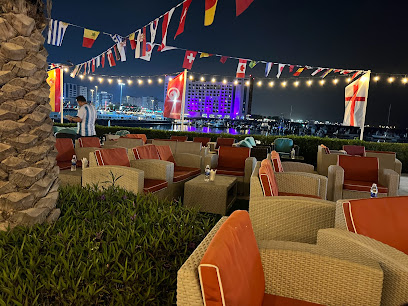
Ewaan at Palace Beach Resort Fujairah
Experience the exquisite flavors of Middle Eastern cuisine at Ewaan, a culinary gem in Fujairah's stunning Palace Beach Resort.
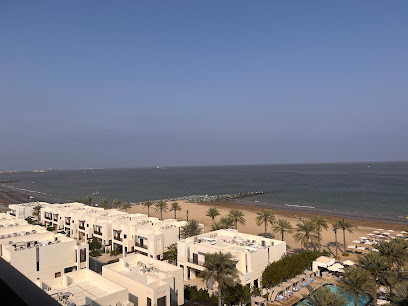
The Bookstore Fujairah
Experience an exquisite blend of gourmet steaks and crafted cocktails at The Bookstore Fujairah, a must-visit culinary gem in Fujairah City Center.
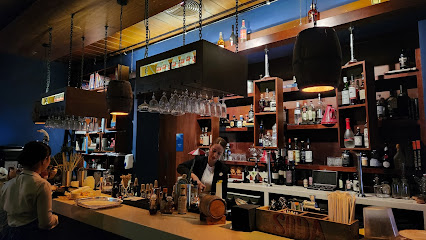
Al Bayt at Palace Beach Resort Fujairah
Discover the ultimate relaxation at Al Bayt at Palace Beach Resort Fujairah, where luxury meets serene coastal beauty.
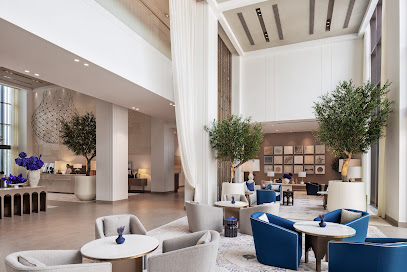
Amwa at Palace Beach Resort Fujairah
Discover coastal dining at Amwa, where exquisite flavors meet breathtaking views in the heart of Fujairah's Palace Beach Resort.
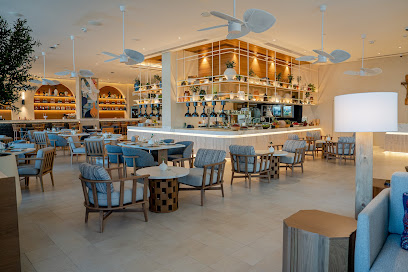
Mr. Brisket - Fujairah
Experience the best of Fujairah's culinary scene at Mr. Brisket, a beachfront restaurant offering delectable dishes and stunning ocean views.

7Routes Restaurant Fujairah
Experience the exquisite flavors of local and international cuisine while enjoying breathtaking views at 7Routes Restaurant in Fujairah.
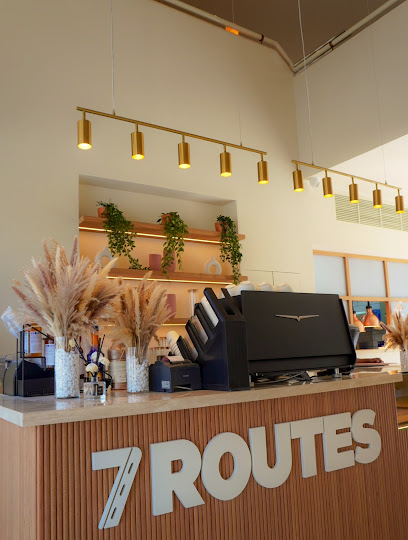
StrEAT Culture Fujairah
Discover the vibrant culinary scene at StrEAT Culture Fujairah, where local flavors meet international dining in a cozy bar and restaurant atmosphere.
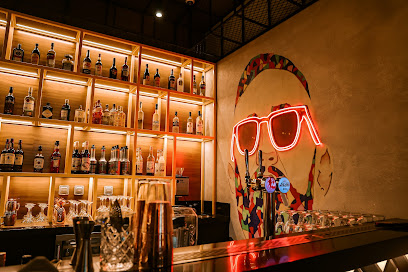
Buhayra Lounge at Palace Beach Resort Fujairah
Unwind in luxury at Buhayra Lounge, a tranquil escape within Palace Beach Resort Fujairah, offering stunning views and exquisite cocktails.
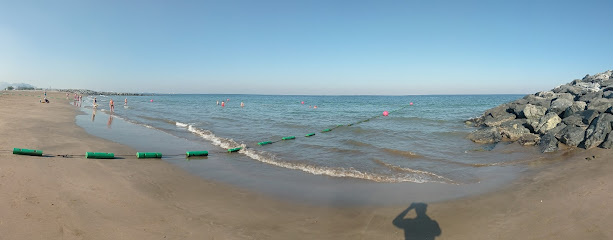
Joe's Sports Bar
Experience the thrill of live sports at Joe's Sports Bar in West Fujairah, where great food and drinks meet unbeatable atmosphere.
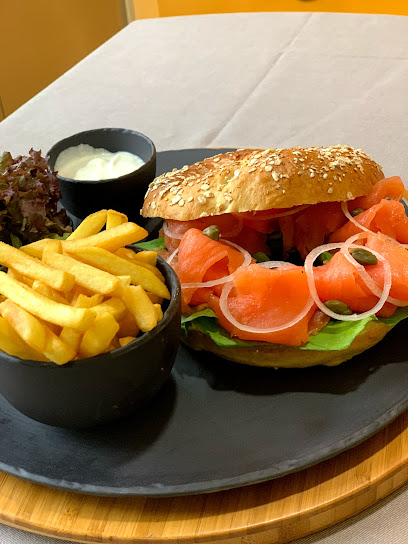
Local Phrases about Fujairah Beaches
-
- Helloمرحبا
[marhaban] - Goodbyeوداعا
[wadaeana] - Yesنعم
[naam] - Noلا
[laa] - Please/You're welcomeمن فضلك
[min fadlak] - Thank youشكرا
[shukran] - Excuse me/Sorryعذرا
[atharana] - How are you?كيف حالك؟
[kayf halak?] - Fine. And you?بخير. وأنت؟
[bikhayr. wa'ant?] - Do you speak English?هل تتحدث الإنجليزية؟
[hal tatahadath al'inglizia?] - I don't understandأنا لا أفهم
[ana la afham]
- Helloمرحبا
-
- I'd like to see the menu, pleaseأريد أن أرى القائمة، من فضلك
[urid an ara alqaima, min fadlak] - I don't eat meatأنا لا آكل لحم
[ana la akul lahme] - Cheers!في صحتك!
[fi sahtak!] - I would like to pay, pleaseأريد أن أدفع، من فضلك
[urid an adfae, min fadlak]
- I'd like to see the menu, pleaseأريد أن أرى القائمة، من فضلك
-
- Help!النجدة!
[alnajda!] - Go away!انصرف!
[ansarf!] - Call the Police!اتصل بالشرطة!
[atassil bialshurta!] - Call a doctor!اتصل بطبيب!
[atassil bitabib!] - I'm lostلقد ضللت
[laqad dalalt] - I'm illأنا مريض
[ana mareed]
- Help!النجدة!
-
- I'd like to buy...أريد أن أشتري...
[urid an ashtari...] - I'm just lookingأنا فقط أتطلع
[ana faqat atatala] - How much is it?كم سعره؟
[kam siroh?] - That's too expensiveهذا غالي جدا
[hadha ghali jiddan] - Can you lower the price?هل يمكنك خفض السعر؟
[hal yumkinuk khafd alsir?]
- I'd like to buy...أريد أن أشتري...
-
- What time is it?كم الساعة؟
[kam alssa'a?] - It's one o'clockالساعة الواحدة
[alssa'at alwahidat] - Half past (10)العاشر والنصف
[al'ashir walnisf] - Morningصباح
[sabah] - Afternoonبعد الظهر
[baada aldhuhur] - Eveningمساء
[masa] - Yesterdayالبارحة
[albariha] - Todayاليوم
[alyawm] - Tomorrowغدا
[ghadan] - 1واحد
[wahid] - 2اثنان
[ithnan] - 3ثلاثة
[thalatha] - 4أربعة
[arba'a] - 5خمسة
[khamsa] - 6ستة
[sitta] - 7سبعة
[sab'a] - 8ثمانية
[thamania] - 9تسعة
[tasia] - 10عشرة
[ashara]
- What time is it?كم الساعة؟
-
- Where's a/the...?أين...؟
[ayna...?] - What's the address?ما هو العنوان؟
[ma hu al'uanan?] - Can you show me (on the map)?هل يمكنك أن تريني (على الخريطة)؟
[hal yumkinuk an tureni (ala alkharyata)?] - When's the next (bus)?متى يأتي (الحافلة) القادمة؟
[mata yati (alhafila) alqadima?] - A ticket (to ....)تذكرة (إلى ....)
[tazkirat (ila ....)]
- Where's a/the...?أين...؟
History of Fujairah Beaches
-
Fujairah's beaches have long been an integral part of ancient maritime trade routes. Due to its strategic location along the Gulf of Oman, the area served as a critical stopover for traders navigating between the Indian subcontinent, Africa, and the Arabian Peninsula. Historical records and archaeological findings suggest that various civilizations, including the Persians and later the Portuguese, frequented Fujairah’s shores for trade and supplies.
-
In the early 16th century, the Portuguese arrived on the scene, drawn by the lucrative trade opportunities. To protect their interests and assert control over the region, they established several fortifications along the coast. The remnants of these forts, some of which are still visible today, provide a glimpse into Fujairah's strategic importance during the Age of Discovery.
-
One of the most significant historical landmarks near Fujairah's beaches is the Al Bidya Mosque, also known as the Ottoman Mosque. Dating back to the 15th century, it is the oldest mosque in the UAE. The mosque's unique mud and stone construction, combined with its four domes and a watchtower, highlights the architectural ingenuity of the time and the cultural diversity influenced by trade routes.
-
Constructed in the 16th century, Fujairah Fort is one of the oldest and largest forts in the UAE. Initially built to defend the region against invaders, it later served as the residence of the ruling family. The fort's location, overlooking the sea, underscores its strategic importance. Today, it stands as a testament to the region's rich history and resilience.
-
Before the discovery of oil, pearl diving was a significant economic activity in Fujairah and the broader Arabian Gulf. The coastlines of Fujairah were teeming with pearl divers who risked their lives to harvest these precious gems. This trade not only shaped the local economy but also influenced the cultural fabric of Fujairah, with traditional songs, stories, and tools from the pearl diving era still cherished by the locals.
-
In the latter half of the 20th century, Fujairah's beaches began to transform due to the UAE's rapid modernization. Investments in infrastructure, tourism, and conservation have turned these once quiet shores into bustling destinations while preserving their natural beauty. The development of luxury resorts, diving schools, and marine conservation projects has made Fujairah’s beaches a prime spot for both relaxation and adventure.
Fujairah Beaches Essentials
-
Fujairah is accessible via several transportation methods. The nearest major airport is Dubai International Airport (DXB), approximately 120 kilometers away. From Dubai, you can rent a car, hire a taxi, or take a bus to Fujairah. The journey by road takes about 1.5 to 2 hours. There are also direct buses from Dubai to Fujairah that operate daily, providing a budget-friendly option for travelers.
-
Once in Fujairah, taxis are the most convenient mode of transport for getting around. They are widely available and relatively affordable. For a more local experience, you can use the public bus system, which connects various parts of Fujairah, including the beaches. Car rentals are also available for those who prefer to explore at their own pace. Bicycle rentals can be found near popular beach areas for a leisurely ride along the coast.
-
The official currency of the United Arab Emirates is the Emirati Dirham (AED). Credit and debit cards are widely accepted in hotels, restaurants, and larger stores. However, it's recommended to carry some cash for small purchases or when visiting more remote areas. ATMs are readily available in Fujairah, especially in tourist areas and shopping malls.
-
Fujairah is generally a safe destination for tourists, with low crime rates. However, standard precautions should be taken, such as avoiding isolated areas at night and keeping an eye on personal belongings. There are no specific high-crime areas targeting tourists, but it's always wise to remain vigilant and aware of your surroundings.
-
In case of emergency, dial 999 for police assistance, 998 for medical emergencies, and 997 for fire services. Fujairah has well-equipped hospitals and medical facilities to handle emergencies. It's advisable to have travel insurance that covers medical emergencies. Pharmacies are available throughout the city for minor health issues and over-the-counter medications.
-
Fashion: Do dress modestly, especially in public places and religious sites. Avoid wearing revealing clothing. Religion: Do respect local customs and traditions, and be mindful of prayer times. Public Transport: Do be courteous and offer your seat to elderly passengers. Eating & Drinking: Do try local cuisine and accept food offerings graciously. Don't eat or drink in public during Ramadan, as it is considered disrespectful. Greetings: Do greet people with a handshake. For women, wait for them to extend their hand first.
-
To experience Fujairah Beaches like a local, visit the fish market early in the morning to see the daily catch and try some fresh seafood. Engage with local fishermen who are often happy to share stories about their trade. Don't miss the Friday Market (Souq al Juma), where you can buy traditional goods, pottery, and fresh produce. For a unique experience, take a dhow cruise along the coast to enjoy stunning views of the Indian Ocean and the Hajar Mountains.
Trending Landmarks in Fujairah Beaches
Nearby Cities to Fujairah Beaches
-
Things To Do in Khor Fakkan
-
Things To Do in Dibba Al-Fujairah
-
Things To Do in Ras Al Khaimah
-
Things To Do in Ajman
-
Things To Do in Umm Al Quwain
-
Things To Do in Sohar
-
Things To Do in Sharjah
-
Things To Do in Dubai
-
Things To Do in Khasab
-
Things To Do in Al Ain
-
Things To Do in Ibri
-
Things To Do in Abu Dhabi
-
Things To Do in Rustaq
-
Things To Do in Bahla
-
Things To Do in Muscat








